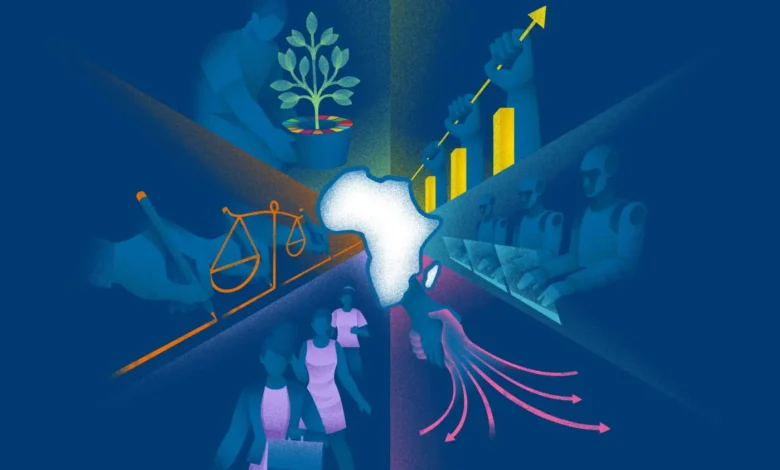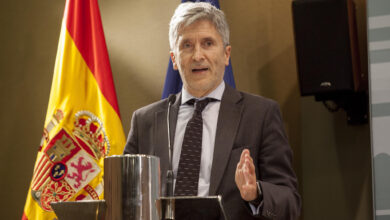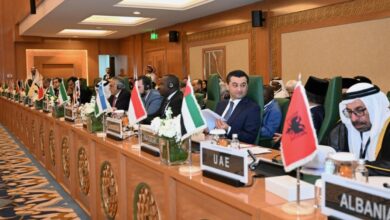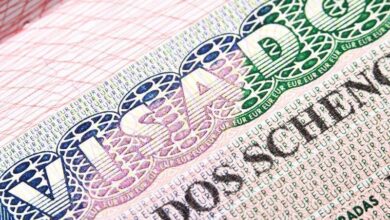Morocco 2025–2030: An African Model of Balance between Growth and Inclusion

Morocco: A Leading Player in Africa’s Economic and Social Resilience
The Foresight Africa 2025–2030 report from the Brookings Institution positions Morocco among the top-performing African nations in terms of economic resilience and social transformation, despite a continental context characterized by economic, climatic, and geopolitical uncertainties.
An Economy Focused on Upgrading
The report highlights Morocco’s strategy of economic upgrading, combining targeted industrialization with controlled trade openness. The automotive industry, now the country’s leading export sector, stands out as a major growth engine alongside the aerospace and electrical industries.
This momentum fits into a broader policy of diversification where modernized agriculture plays a central role, supported by top-tier infrastructure like the Tangier Med Port.
A Committed Player in African Integration
Morocco demonstrates a clear commitment to the African Continental Free Trade Area (AfCFTA). It advocates for swift and pragmatic implementation, betting on regional integration within agro-industrial and manufacturing value chains to enhance African competitiveness and reduce reliance on external markets.
An Ambitious Energy Transition
Foresight Africa emphasizes Morocco’s energy transition as one of the most advanced in Africa. With a target of achieving 52% renewable energy by 2030, the Kingdom distinguishes itself through major projects such as the Noor Solar Complex in Ouarzazate, the wind farms in Tarfaya and Tangier, as well as initiatives in green hydrogen.
Harnessing Natural Resources for Sustainable Development
The report also discusses Morocco’s strategic role in the global race for critical minerals, notably due to its potential in green phosphates, which are vital for sustainable agriculture. The OCP Group is strengthening its presence in sub-Saharan Africa through targeted partnerships aimed at enhancing regional food sovereignty.
Social Reforms for Inclusive Growth
On the social front, Morocco is praised for its structural reforms, including the progressive rollout of universal healthcare coverage, pension reform, and the establishment of targeted family allowances. These measures reflect a commitment to balancing social inclusion with budgetary sustainability.
A Diplomatic and Economic Hub in Africa
Morocco is deploying proactive economic diplomacy, particularly through investments in the banking, industrial, and logistics sectors across sub-Saharan Africa. It is viewed as a strategic hub connecting Africa to the rest of the world.
Thanks to a network of bilateral agreements, a strong presence within the African Union, and multilateral climate and food initiatives, Morocco cultivates agile and effective diplomacy. This approach enables it to diversify its partnerships with Europe, the United States, China, and Gulf countries while reinforcing its continental footing.
A Key Partner for Africa’s Future
The report underscores that the success of the Agenda 2063 and the Sustainable Development Goals (SDGs) will depend on stable, integrated, and proactive economies like Morocco’s. Rabat is recognized as a strategic player in large-scale African projects, including cross-border infrastructure, regional energy initiatives, and continental economic governance.
Challenges Ahead to Stay on Course
Despite these advancements, the report calls for vigilance regarding several challenges: climate change, debt management, regional inequalities, and the acceleration of technological innovation.
Foresight Africa concludes that Morocco, due to its strategic choices and commitment to Africa, is well-positioned to actively contribute to a new development trajectory for the continent. However, to succeed, it must continue its reforms, broaden its alliances, and ensure inclusive and sustainable growth.





